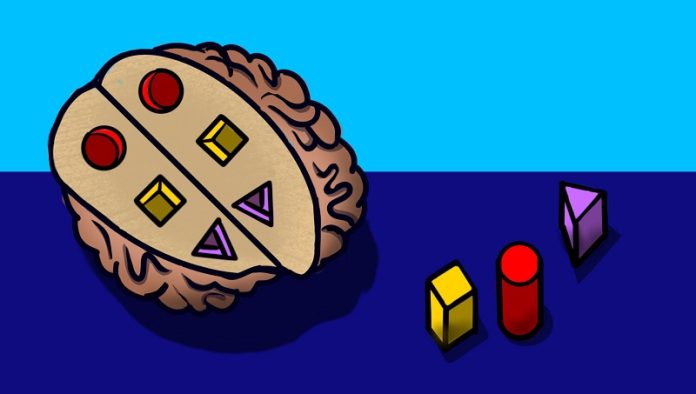
Cognitive behavioral therapy (CBT) is a common and effective treatment for depression, helping people develop skills to deal with everyday problems, build healthier habits, and challenge negative thoughts.
But can changing how we think actually change the brain? According to new research from Stanford Medicine, it can—especially when the therapy is tailored to the right patients.
The study focused on adults who had both depression and obesity, a combination that is especially hard to treat.
These individuals often don’t respond well to antidepressant medications.
But for about a third of the participants in this study, a special kind of CBT called problem-solving therapy helped reduce their depression.
Even more exciting, the researchers saw changes in their brain activity, specifically in areas linked to thinking and decision-making.
The therapy was designed to improve how people plan, solve problems, and ignore distractions. Participants worked with therapists to identify real-life challenges—like arguments with a friend—and brainstorm possible solutions.
This type of thinking depends on a group of brain cells that form what’s known as the “cognitive control circuit.”
The researchers scanned participants’ brains using functional MRI (fMRI) and found that the therapy led to real changes in this circuit.
After just two months, patients showed signs of more efficient brain function, meaning their brains weren’t working as hard to solve problems. This early brain change was a strong predictor of who would benefit from the therapy in the long run.
Of the 108 people in the study, 59 received problem-solving therapy, while the rest continued with their usual care, such as taking medications.
Over the course of a year, the therapy group showed greater improvements in their depression symptoms, with 32% of them seeing their depression severity cut in half.
This is much better than the 17% response rate seen with antidepressants in people with both depression and obesity.
The brain scans revealed something interesting: while the cognitive control circuit became less active in the group that didn’t receive therapy, which made their problem-solving ability worse, the opposite happened in the therapy group.
For them, the brain’s cognitive control circuit became more efficient, and this improvement helped them think more clearly. Some patients even reported that the therapy allowed them to return to work, enjoy hobbies again, and manage social interactions more easily.
One of the most exciting aspects of this study is that it shows how therapy can lead to brain changes in just two months. These changes lasted long after the therapy ended and even predicted who would continue to benefit from the treatment over time.
The researchers believe this work could lead to a new era of “precision psychiatry,” where doctors can use brain scans to match patients with the treatments most likely to help them, getting them on the path to recovery more quickly.
If you care about mental health, please read studies about how dairy foods may influence depression risk, and 6 foods you can eat to improve mental health.
For more mental health information, please see recent studies about top foods to tame your stress, and Omega-3 fats may help reduce depression.
Source: Stanford.



